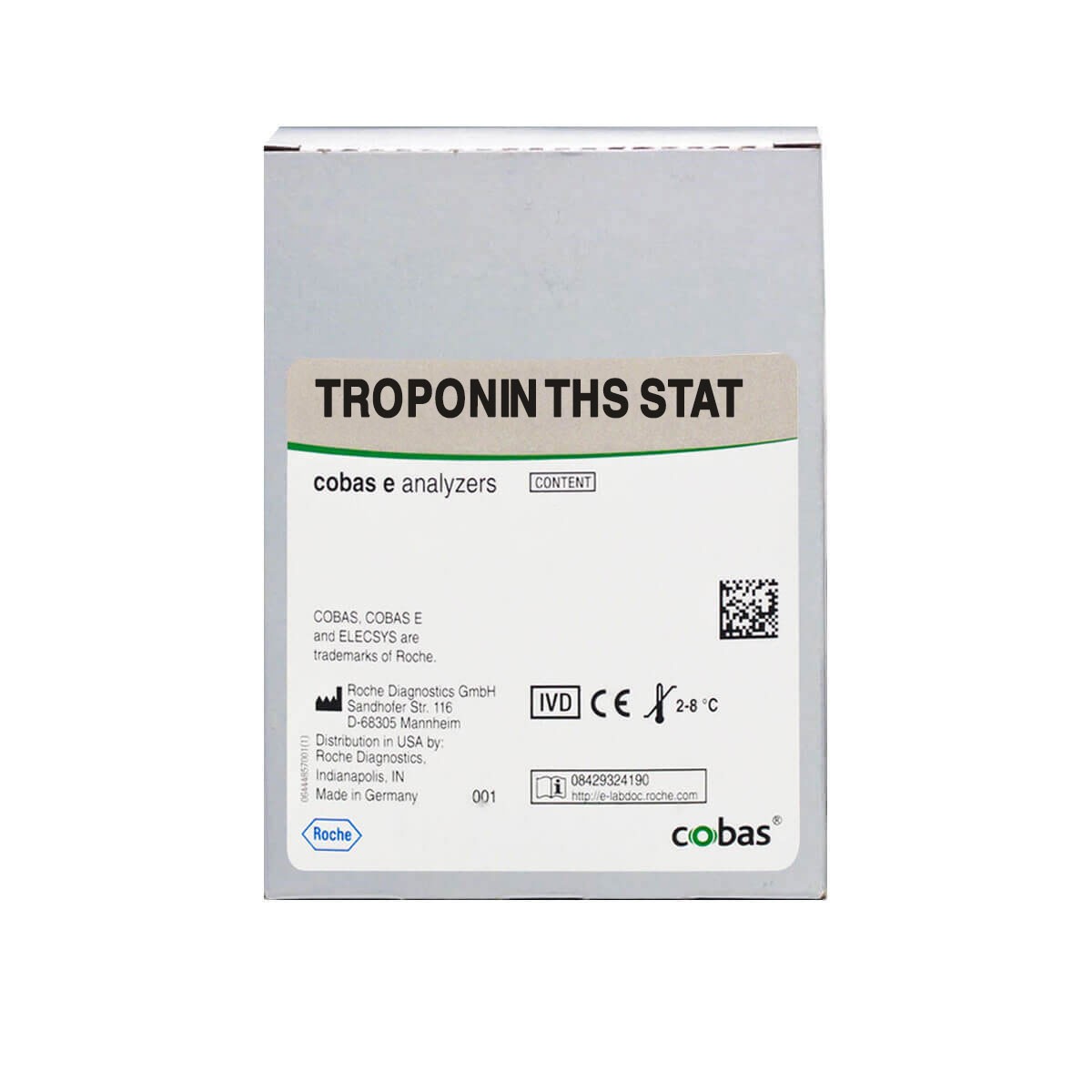
Miller also receives research funding / support from Siemens, Abbott Point of Care, and 1 R01 HL118263 These commercial affiliations do not alter our adherence to PLOS ONE policies on sharing data and materials.Ĭhest pain is a common reason for emergency medical services (EMS) activation, and nearly half of all patients with acute coronary syndrome (ACS) come to the Emergency Department (ED) via ambulance. Mahler also serves as the chief medical officer of Impathiq, Inc. Mahler receives additional research funding from Roche Diagnostics, Ortho Clinical Diagnostics, Siemens, Creavo Medical Technologies, the Donaghue Foundation, AHRQ, PCORI, and NHLBI (1 R01 HL118263-01, 元0 HL120008). Stopyra received research funding from Abbott Point of Care and Roche Diagnostics. The funders had no role in study design, data collection and analysis, decision to publish, or preparation of the manuscript.Ĭompeting interests: Abbott Point of Care provided a research grant to support the work presented in this manuscript. Stopyra & Mahler with time to complete the study. Wake Forest School of Medicine received this funding to provide Dr. This is an open access article distributed under the terms of the Creative Commons Attribution License, which permits unrestricted use, distribution, and reproduction in any medium, provided the original author and source are credited.ĭata Availability: All relevant data are within the manuscript and its Supporting Information files.įunding: Abbott Point of Care provided funding for this study. Received: ApAccepted: SeptemPublished: October 7, 2020Ĭopyright: © 2020 Stopyra et al. PLoS ONE 15(10):Įditor: Michiel Voskuil, UMCU, NETHERLANDS (2020) Prehospital use of a modified HEART Pathway and point-of-care troponin to predict cardiovascular events. The PMHP is able to identify high-risk and low-risk groups with high specificity and negative predictive value for 30-day MACE.Ĭitation: Stopyra JP, Snavely AC, Smith LM, Harris RD, Nelson RD, Winslow JE, et al. Moderate-risk assessments occurred in 61.5% (243/395), of which 20.6% had 30-day MACE. A total of 506 patients were accrued, with PMHP completed in 78.1% (395/506). Sensitivity, specificity, negative and positive predictive values of the PMHP for detection of major adverse cardiac events (MACE: cardiac death, MI, or coronary revascularization) at 30-days were calculated. Patients were stratified into three groups: high-risk based on an elevated troponin, low-risk based on a HEAR score <4 with a negative troponin, or moderate risk for a HEAR score ≥4 with a negative troponin. To complete a PMHP assessment, paramedics drew blood, measured point-of-care (POC) troponin (i-STAT Abbott Point of Care) and calculated a HEAR score. A prospective cohort study of adults with chest pain without ST-segment elevation myocardial infarction was conducted at three EMS agencies between 12/2016-1/2018.


This study seeks to test the performance of a prehospital modified HEART Pathway (PMHP). The HEART Pathway is a validated risk stratification protocol for Emergency Department patients with chest pain that has yet to be tested in the prehospital setting.


 0 kommentar(er)
0 kommentar(er)
